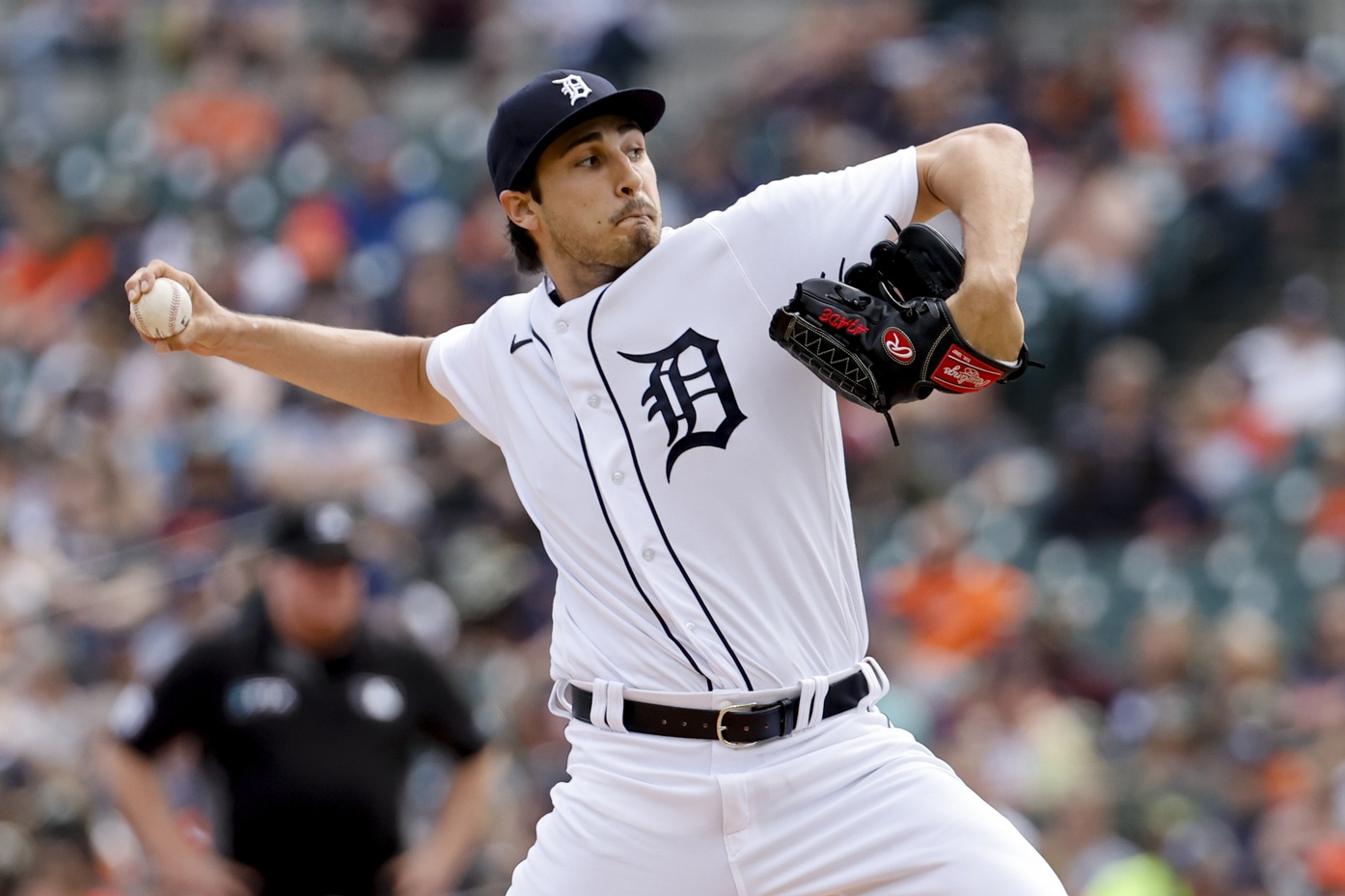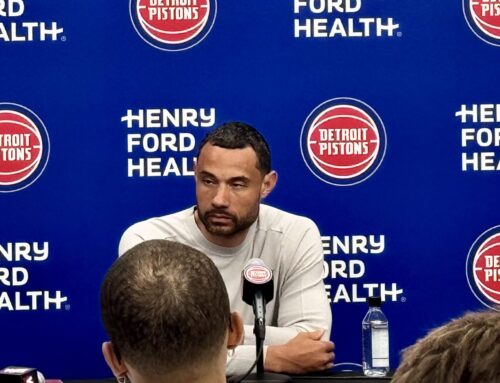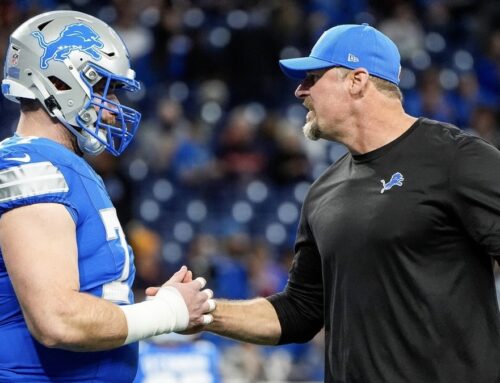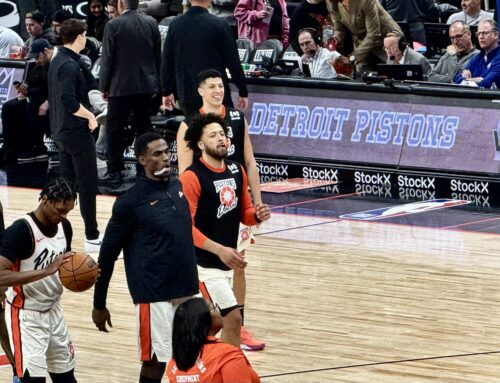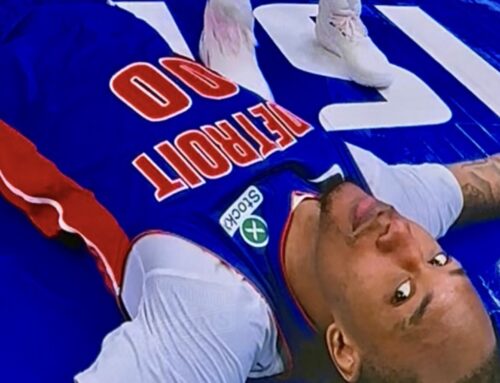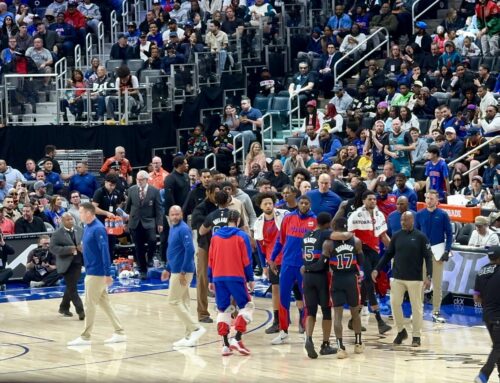The Detroit Tigers farm system continues to provide arms among all the injuries.
The problems with the Detroit Tigers offense are well known. Detroit ranks 28th in batting average at .220, 29th in on-base percentage of .283, and last in home runs with 27.
However, the strength of the team has been the pitching, despite the injuries to the starting rotation. Left-hander Tarik Skubal continues to elevate himself to another level as he is the only Tigers starter to post a 2.0 WAR this season.
The recent MLB Drafts have shown so far Detroit is still struggling to produce MLB position regulars from the lower rounds. But what has been keeping the Tigers watchable and competitive has been the homegrown pitching, a luxury Detroit has not had since the 1970s.
In a three-year span from 1974 to 1976, Detroit drafted four pitchers who would shape the rest of the rotation not only for the rest of the 70s, but well into the late 80s. Mark Fidrych (1974), Dave Rozema (1975), Hall of Fame pitcher Jack Morris, and Dan Petry (1976) all would make an impact on Detroit’s roster.
Outside of Mike Henneman (1985) and Jeff Robinson (1983), Detroit had little to show from their drafts in the 1980s. The 90s were not much better, and heading into the 2000’s, Justin Verlander, Rick Porcello, Fernando Rodney, Joel Zumaya, and Jair Jurrjens represented Detroit on the pitching front.
The Detroit Tigers farm system has had to step up:
If there was one thing during the Dave Dombrowski era that stood out was it lacked the ability to develop pitchers. Prospects were used to fill holes in the roster, which worked out well for a while. (See Miguel Cabrera trade) but when you have to trade for a 4th or 5th starter like Alfredo Simon, you have an issue.
Detroit currently has 12 pitchers on their roster that were drafted, undrafted free agents, or international free agent signings. Here are the ones from the first two rounds of the draft: (pitchers in bold are currently on the IL)
- Matt Manning 1st round 2016
- Tyler Alexander 2nd round 2015
- Spencer Turnbull 2nd round 2014
- Casey Mize 1st round 2018
- Alex Faedo 2nd round 2017
And here are the pitchers acquired other ways:
-
- Tarik Skubal 9th round 2018
- Will Vest 12th round 2017
- Beau Brieske 27th round 2019
- Gregory Soto IFA signing 2012
- Joe Jimenez UFA signing 2013
- Jason Foley UFA signing 2016
- Drew Carlton 32nd round 2017
Detroit’s blue collar principles: An assembly line of pitchers
Trevor Hooth of Bless You Boys mentioned the Tigers are turning into a pitching development factory, and he is not too far off. Al Avila, for all the justified flack he has received for poor trade returns, has done pretty well acquiring pitching. Alex Lange, Reese Olson, and Joey Wentz are examples of the pitching development team in action. Garrett Hill is another promising late-round draft pick, (26th round, 2018). His numbers on the season? 37IP 22H 10ER 14BB 55SO between seven starts at Erie and one start with Toledo.
The old adage “you can never have too much pitching” is actually working in practice here. Detroit should take advantage of this to acquire something to wake up the offense. Wilmer Flores, who last season was just preparing to throw in Low-A Lakeland, is progressing so fast he is already in Double-A Erie.
Austin Meadows and Riley Greene are coming soon, and they should help the lineup. But Detroit will need more than that. There is no guarantee they will produce. Outside of Harold Castro and Miguel Cabrera, the lineup has not shown a consistent stretch of good baseball.
Detroit has pitching to use in several ways. Now is the time to use it.

